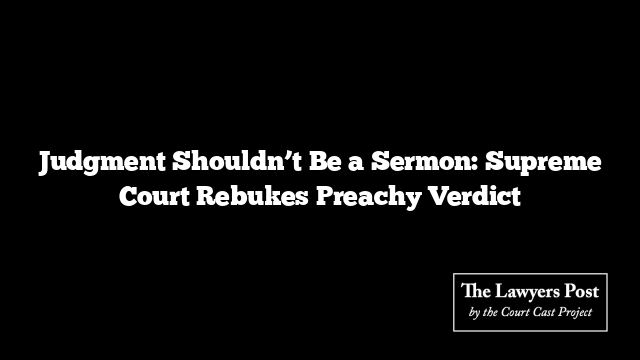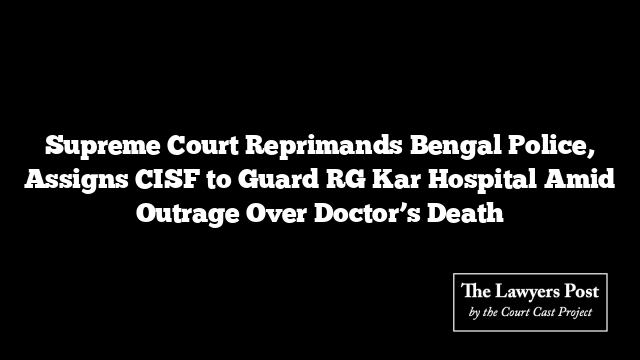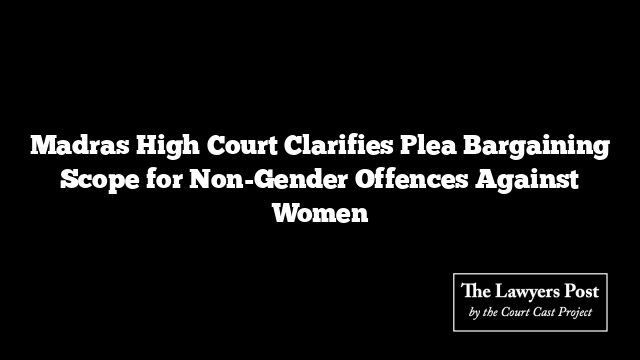In a decisive move, the Supreme Court overturned a Calcutta High Court judgment that had controversially suggested adolescent girls should “control” their sexual urges rather than succumb to “two minutes of pleasure.” The ruling, delivered by Justices Abhay S Oka and Ujjal Bhuyan, emphasized the need for judicial restraint, cautioning judges against embedding personal opinions in their decisions.
The Bench underscored that a judgment must be straightforward, concise, and devoid of irrelevant commentary. It stressed that a judge’s role is to decide cases based on facts and law, not to preach or offer unsolicited advice. The Court criticized the High Court’s ruling for including personal advice to the younger generation and the legislature, deeming it inappropriate for a legal judgment.
The Supreme Court also highlighted the failure of the state to protect survivors of child sexual assault, noting that in many cases, victims are abandoned by their families and left with no option but to live with their abusers. The Bench pointed out that it is the state’s duty to provide for these victims, ensuring they can lead dignified lives, in accordance with Section 46 of the Juvenile Justice Act.
Furthermore, the Court expressed concern over the lack of grassroots-level compliance with Section 19(6) of the Juvenile Justice Act, which mandates that cases involving minors must be reported to the Child Welfare Committee within 24 hours. The failure to comply with this provision, the Court noted, violates the fundamental rights of affected juveniles, depriving them of a dignified life.
In response, the Supreme Court directed law secretaries across all states and union territories to convene and develop guidelines to enforce the sub-section effectively. The Court’s ruling was part of a suo motu case initiated after the High Court’s comments were deemed objectionable and harmful, leading to the restoration of the conviction of a youth previously acquitted by the High Court.
A committee of experts, including a clinical psychologist, a social scientist, and a child welfare officer, will now assess the appropriate sentence for the convicted individual, with careful consideration of the survivor’s wishes regarding her future.





